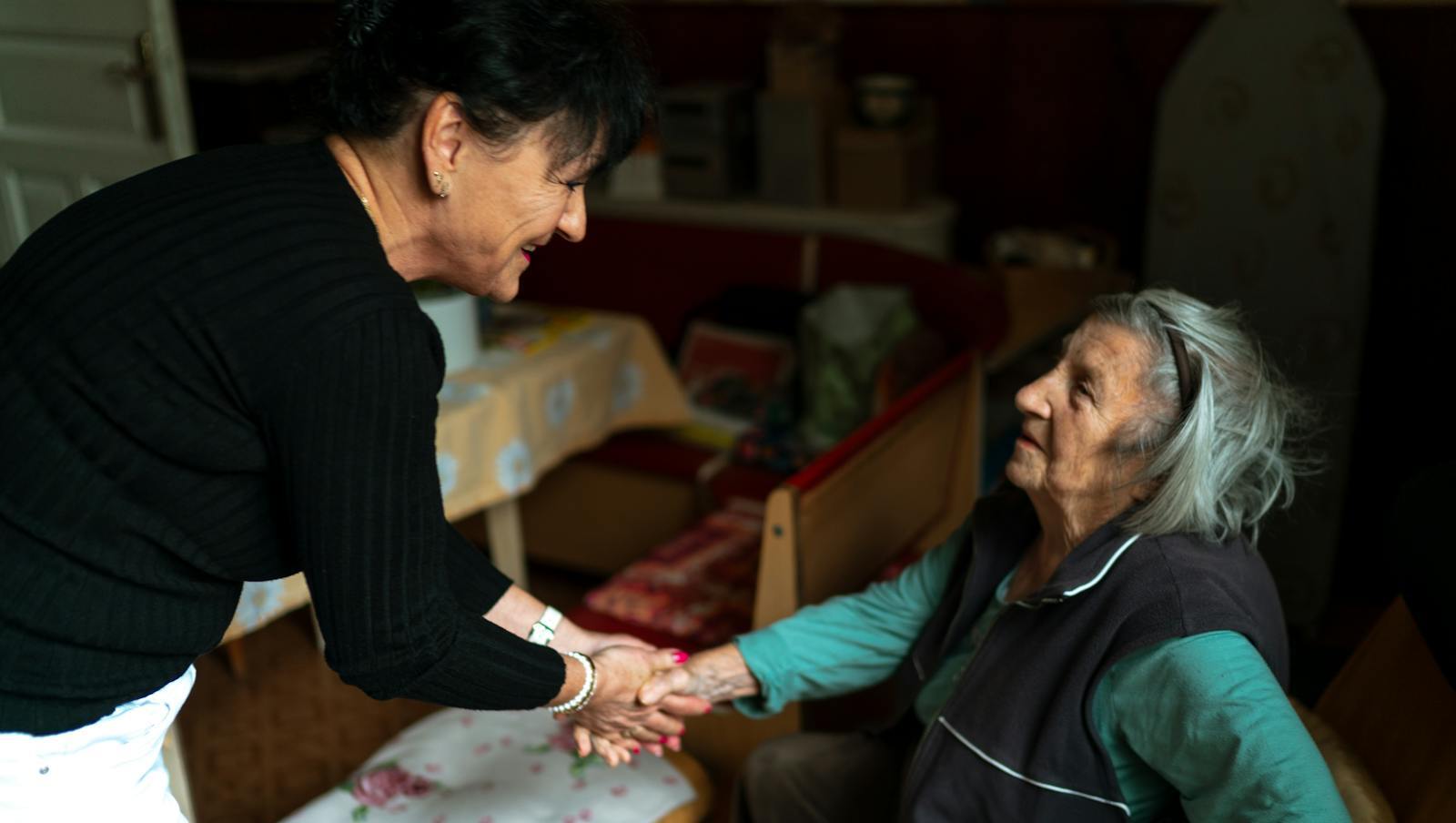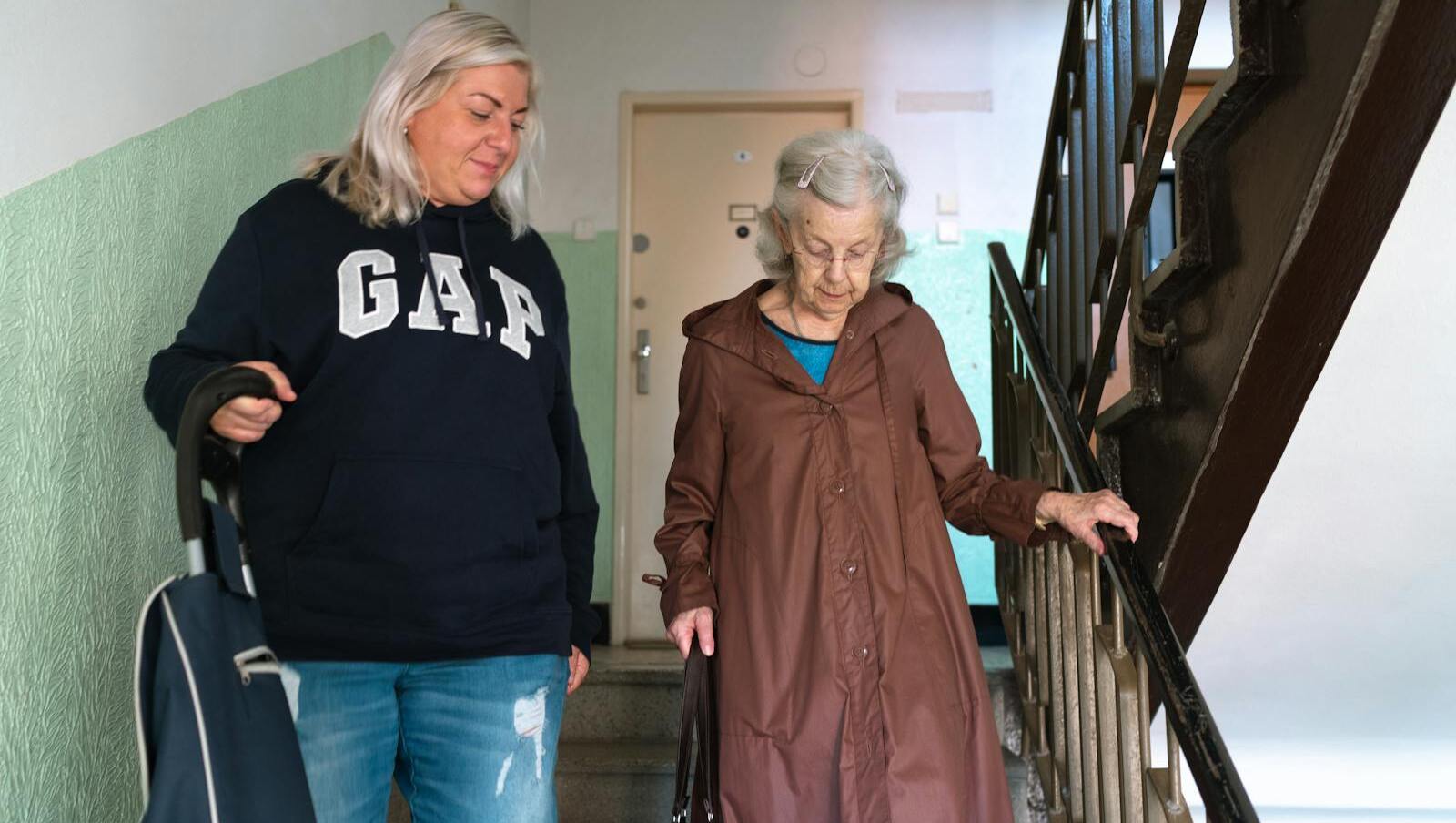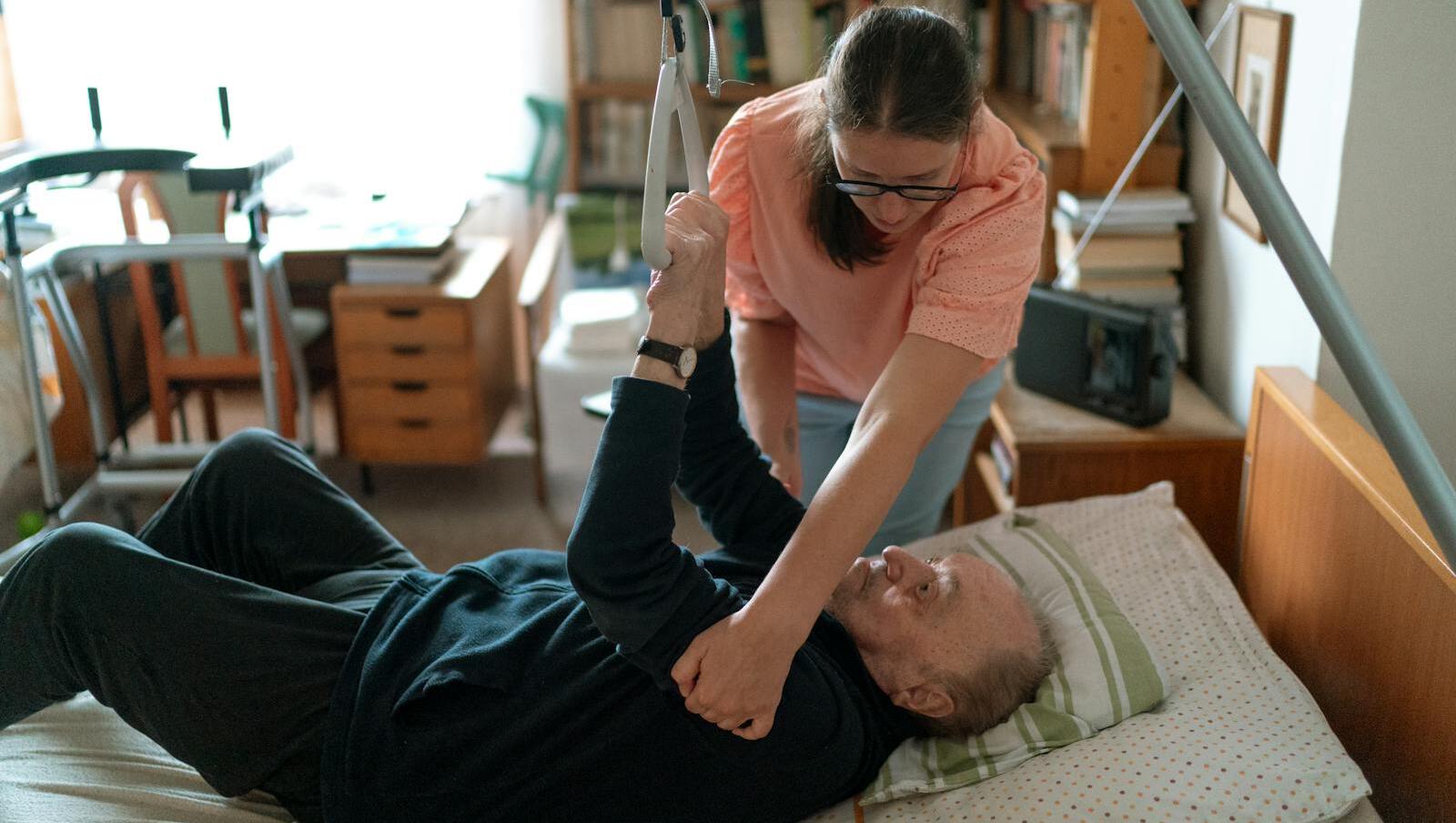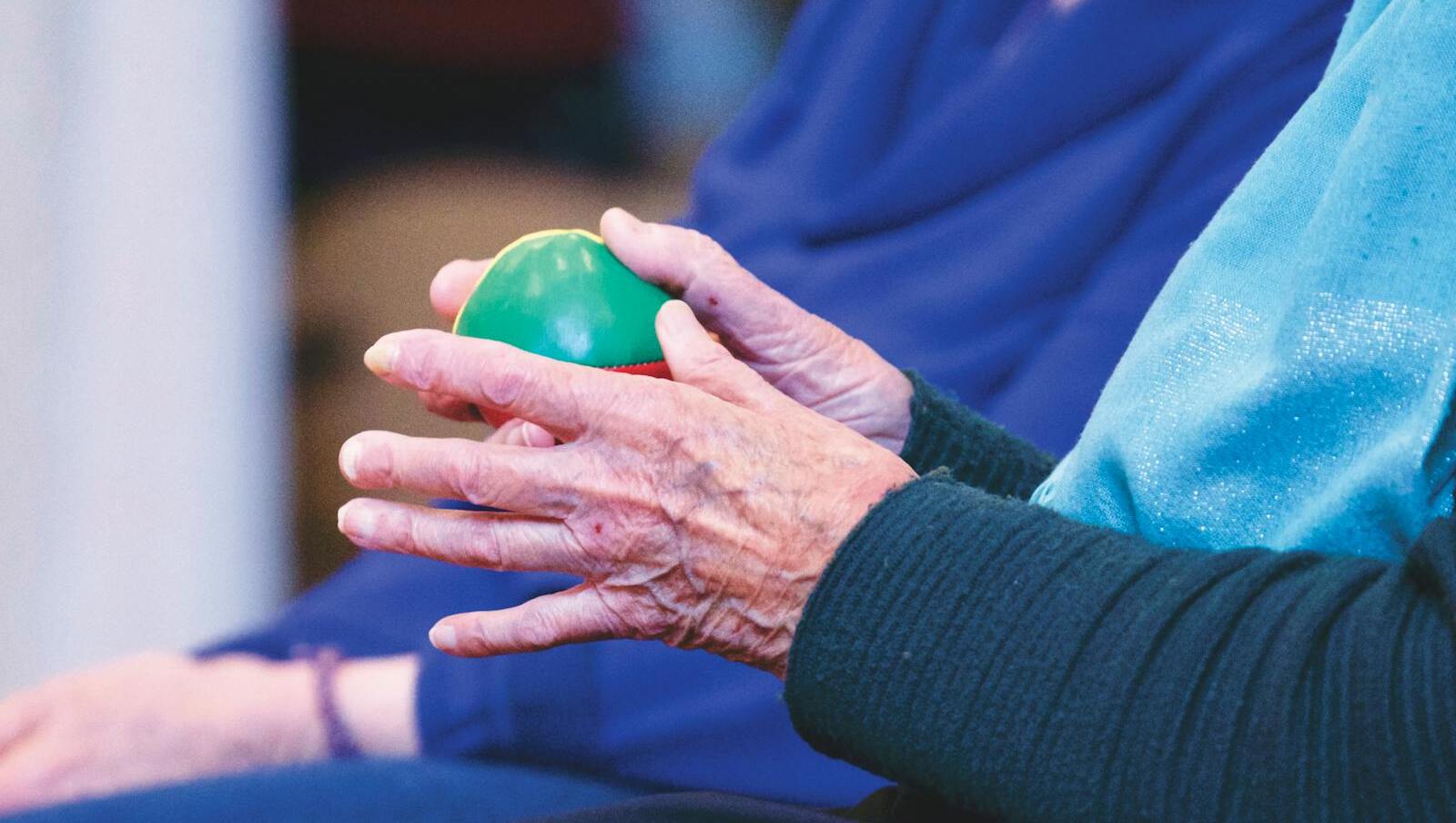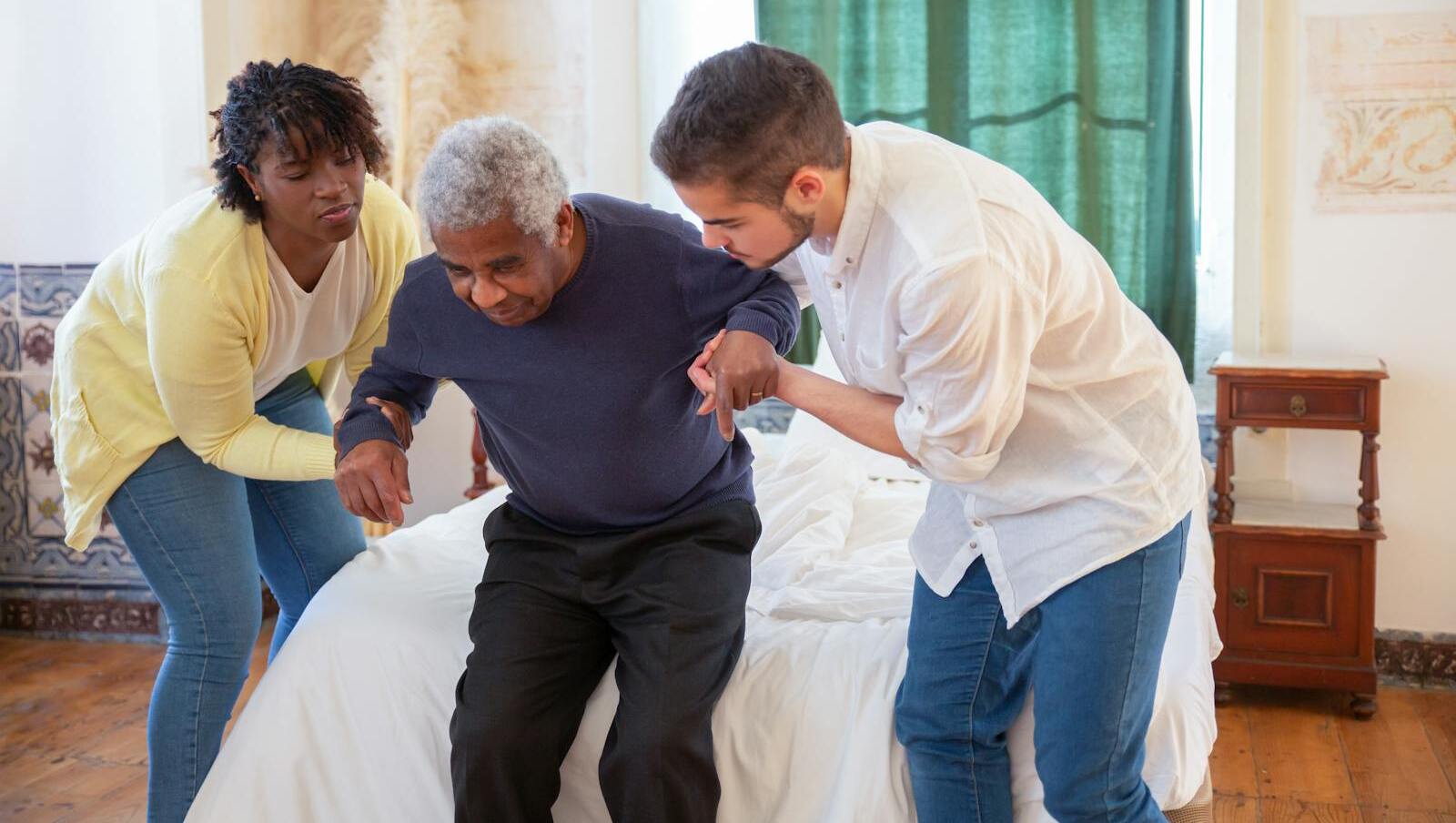What Happens After I Report Nursing Home Abuse?
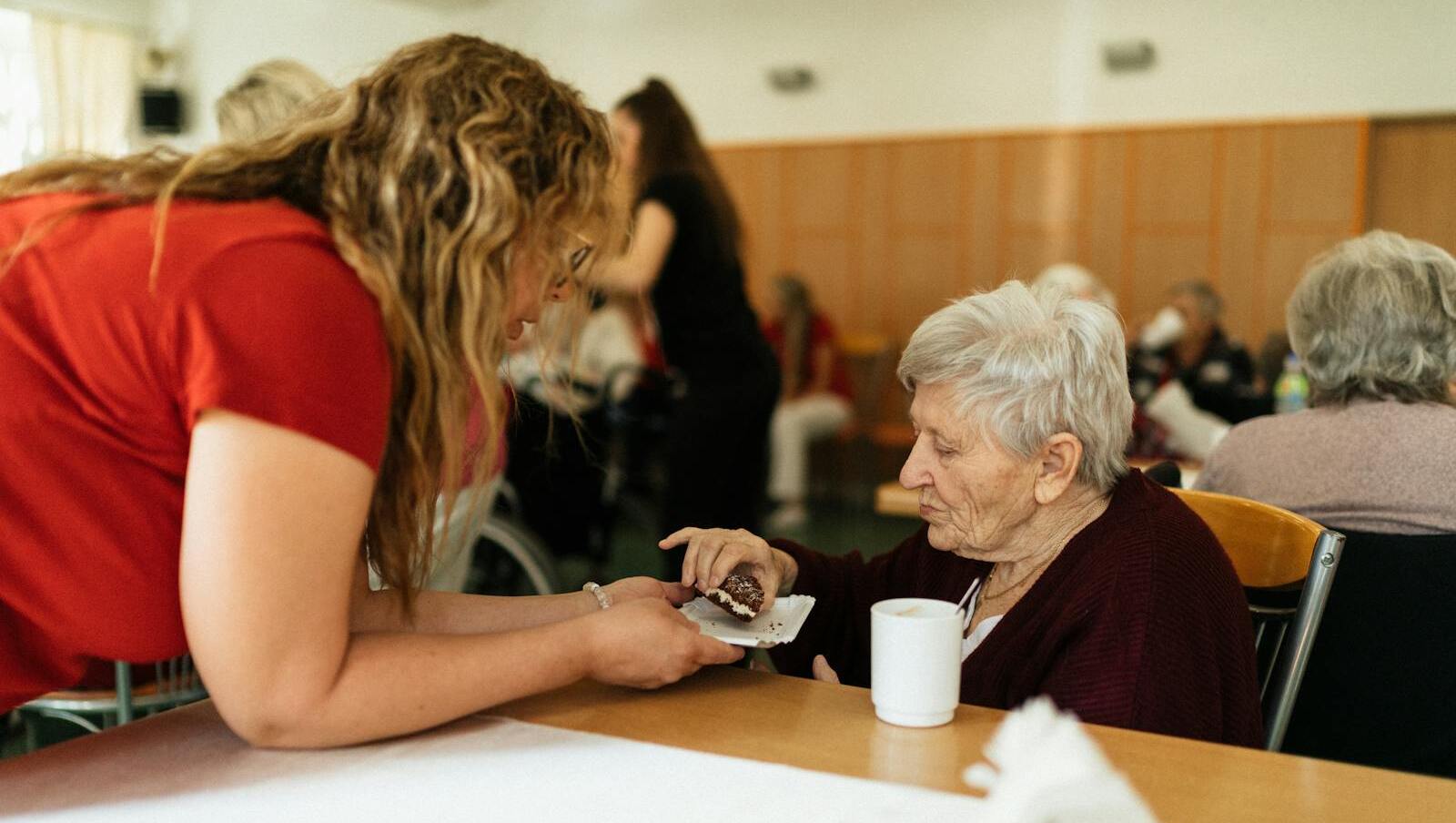
Taking the brave step to report nursing home abuse or neglect is difficult but necessary. If you’ve recently reported suspected abuse of your loved one, you’re probably wondering: “What happens now?”
We understand you might feel anxious, uncertain, or even overwhelmed about what comes next. At The Higgins Firm, we’ve guided hundreds of families across the nation through this process, with expertise in Tennessee and beyond. Let’s walk through what you can expect after filing a report.
The Initial Response: What Happens Right Away?
After you report nursing home abuse to authorities in Tennessee (or any state), several things typically happen within the first few days:
1. Your Report Gets Prioritized
Not all reports are handled the same way. Reports are typically prioritized based on:
- How serious the alleged abuse is
- Whether the resident is in immediate danger
- If there’s a pattern of previous complaints about the facility
Reality check: A report about a resident with unexplained broken bones will likely get faster attention than a complaint about occasional missed medication doses. That doesn’t mean your concerns aren’t valid—they are—but it helps explain why response times can vary.
2. An Investigator Gets Assigned
Across the country, reports typically go to agencies like:
- Adult Protective Services (APS)
- Your state’s Department of Health
- The Long-Term Care Ombudsman’s office
In Tennessee, for example, these are the primary investigating authorities, but every state has equivalent agencies.
Whichever agency received your report will assign someone to investigate. This person will be your point of contact, though you might not hear from them immediately.
3. The Nursing Home Gets Notified
The facility will generally be informed that a complaint has been filed. However, they usually won’t be told who filed it if you requested confidentiality.
Important to know: While your identity can be protected from the facility, retaliation against residents for complaints is illegal under federal law and the laws of all 50 states.
The Investigation Phase: The Next 2-10 Days
Once an investigation begins, here’s what typically happens:
1. The Investigator Visits the Facility
The investigator will likely conduct an unannounced visit to the nursing home. During this visit, they may:
- Interview your loved one privately
- Speak with staff members
- Review medical records and care plans
- Observe facility conditions and care practices
- Interview other residents who might have witnessed incidents
- Check staffing levels and training records
2. They’ll Contact You for More Information
If you provided your contact information when making the report, the investigator will likely call you to:
- Get more details about your concerns
- Ask for specific dates, times, and names
- Find out if you have photos or other evidence
- Learn about any previous complaints you’ve made to the facility
Pro tip: Keep a notebook dedicated to tracking all communication with investigators. Write down who you spoke with, when, and what was discussed. This will be useful if you need to follow up later.
3. Additional Agencies May Get Involved
Depending on what the investigator finds, they may involve:
- Law enforcement (if criminal acts are suspected)
- The Tennessee Board of Nursing (if specific nurses are implicated)
- Medicare or Medicaid fraud investigators (if billing fraud is discovered)
The Resolution Phase: What Happens Next?
The timeline for resolving investigations varies widely, from a few weeks to several months, depending on the complexity of the case. Here’s what to expect:
1. You’ll Receive Investigation Findings
In most states, including Tennessee, you should receive notification about the outcome of the investigation. This might be classified as:
- Substantiated: Evidence supports that abuse or neglect occurred
- Unsubstantiated: Insufficient evidence to prove abuse or neglect
- Unfounded: Evidence indicates the allegations did not occur
Important reality: Sometimes investigations come back “unsubstantiated” even when you’re certain abuse occurred. This doesn’t necessarily mean nothing happened—it may just mean there wasn’t enough evidence to prove it officially.
2. The Nursing Home May Face Consequences
If violations are found, the facility might face:
- Citations requiring immediate correction
- Monetary fines (sometimes substantial)
- Mandated staff training or policy changes
- Increased monitoring and inspections
- In severe cases, license revocation
The state will typically create a “plan of correction” that the facility must follow, with deadlines for fixing each problem.
3. Your Loved One Might Need Additional Support
Throughout this process, your loved one may need:
- Medical attention for any injuries
- Counseling to process trauma
- A different room or caregiver assignment
- In some cases, transfer to a different facility
What If I’m Not Satisfied With the Investigation?
It’s not uncommon to feel that an investigation didn’t go far enough or that the response was inadequate. If you’re dissatisfied, you can:
- Request a reconsideration: Contact the investigating agency and ask for the case to be reviewed.
- Escalate to supervisors: Ask to speak with the investigator’s supervisor or department director.
- Contact elected officials: Your state representatives or senators can sometimes help when agencies aren’t responsive, regardless of which state you live in.
- Consider legal action: This is where attorneys like us at The Higgins Firm can step in to help.
Should I Consider Legal Action?
While state investigations are important, they have limitations. They focus primarily on regulatory compliance, not on compensating your loved one for harm suffered.
You might want to consult with a nursing home abuse attorney if:
- Your loved one suffered serious injuries or death
- The facility has a pattern of neglect or abuse
- The state investigation confirmed violations occurred
- Your loved one needs specialized care due to the abuse
- There are significant medical bills or other costs resulting from the abuse
Legal claims can seek compensation for:
- Medical expenses
- Pain and suffering
- Emotional distress
- Cost of relocating to a new facility
- In the most serious cases, punitive damages
How We Can Help After You’ve Reported Abuse
At The Higgins Firm, we understand how emotionally draining this process can be. Many families tell us they feel caught between:
- Wanting justice for their loved one
- Feeling guilty about “making trouble”
- Fearing retaliation against their family member
- Being overwhelmed by the complexity of the system
We can step in to:
- Communicate with investigators on your behalf
- Request and review all relevant records
- Consult with medical experts about your loved one’s condition
- Navigate the complex web of state and federal nursing home regulations
- Determine if a legal claim is appropriate
- Handle all aspects of litigation if necessary
Practical Tips While You Wait for Resolution
While the investigation and legal processes unfold, here are some practical steps to take:
1. Increase Your Presence
Visit more frequently and at different times. Your presence alone can improve care and deter further problems.
2. Document Everything
Keep detailed notes about your loved one’s condition, including:
- Photos of any visible injuries
- Notes about their mental state and behavior
- Records of medications they’re receiving
- Names of staff members providing care
3. Join a Support Group
Consider connecting with other families going through similar experiences. Your state’s Commission on Aging (like the Tennessee Commission on Aging and Disability) or the National Center on Elder Abuse can help you find local support groups in your area.
4. Take Care of Yourself
Supporting a loved one through elder abuse takes an emotional toll. Make sure you’re:
- Getting enough rest
- Accepting help from friends and family
- Considering counseling if you’re feeling overwhelmed
- Connecting with a faith community if that’s important to you
Moving Forward After Nursing Home Abuse
Reporting abuse is just the first step in a journey toward justice and healing. While the process can be frustrating and sometimes slower than you’d like, remember that your advocacy matters.
By reporting abuse, you’re not just protecting your loved one—you’re helping to create safer environments for all nursing home residents.
If you’ve reported nursing home abuse anywhere in the United States and need guidance on next steps, our experienced attorneys are here to help. While we have our main offices in Tennessee (Nashville, Chattanooga, Memphis, and Knoxville), we serve clients nationwide and can provide assistance regardless of where you live.
Contact us for a free, confidential consultation to discuss your situation and learn how we can support you through this challenging time.

